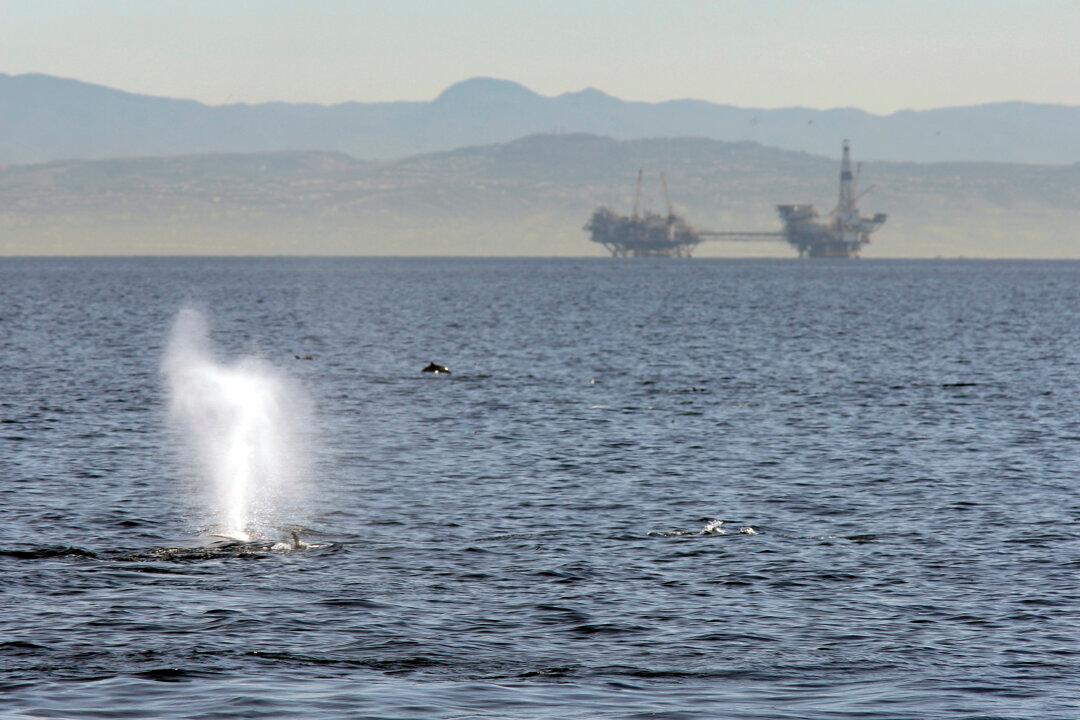WASHINGTON—The Supreme Court unanimously rejected a California-based offshore oil rig worker’s claim that he should be paid for off-the-clock time on the oil platforms, as California law requires, because federal law alone governs the facilities that are based on the Outer Continental Shelf.
After Texas and North Dakota, California is the third-largest oil-producing state. Oil is reportedly produced on 32 offshore platforms and artificial islands in Southern California alone.





